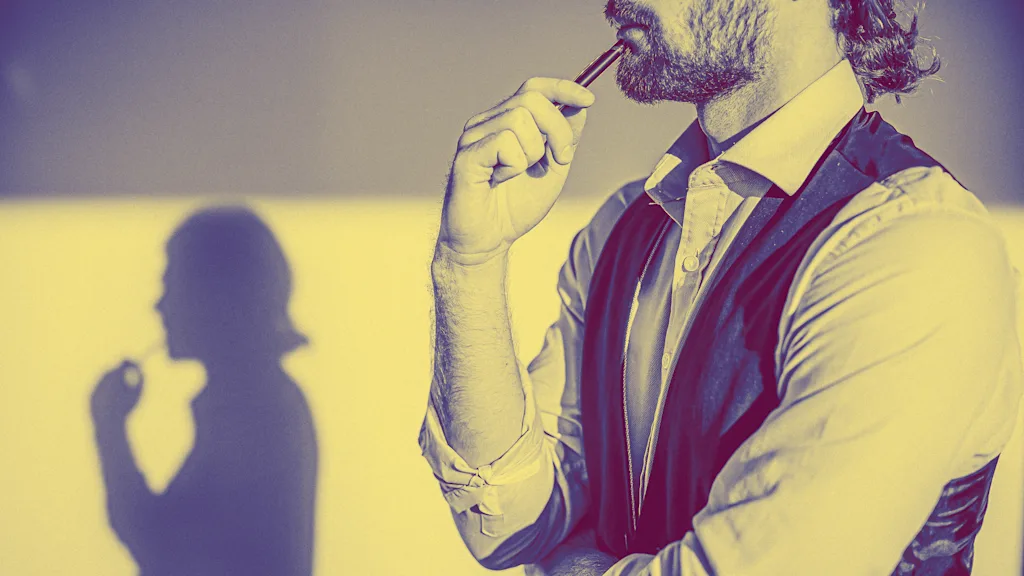
"I get it. Putting yourself out there can feel awkward. Exposed. Vulnerable. That's how I feel about dancing in public. It's my own personal nightmare. At Zumba, I'm hiding behind the water cooler. At my wedding, my husband had to mouth the 1-2-3-4 count so I wouldn't lose the beat. And recently at a music festival, the band leader pointed at me to come dance on stage. I prayed he was pointing to the person behind me. Nope."
"As I sheepishly walked up the stairs to the stage, I realized something important: no one cares that much. No one thinks I'm auditioning for So You Think You Can Dance. They're not judging me-I was overthinking. So I danced. Honestly, probably not that well. However, once I stopped overthinking, I actually had fun. That's the truth about visibility: Once you stop overthinking, you can start owning your voice."
"When I spoke at this year's Fast Company Innovation Festival on this topic, I started with a few simple questions: Who wants to be more visible? Who wants to be seen as a thought leader? Who wants speaking invitations, press, clients, opportunities? Almost every hand went up. Then I asked, "Who posted a video of themselves in the past month?" Not even a third of the room. We say we want to be seen, but we hide."
Many professionals express a desire for greater visibility and to be recognized as thought leaders, yet few post video content. Common excuses include being too busy, believing social media is superficial, or feeling awkward on camera. Fear of looking silly, appearing salesy, or being mocked often prevents action. Camera confidence is a learnable skill through training. A personal anecdote at a music festival illustrates that overthinking blocks participation, while letting go of fear enables enjoyment and empowerment. Increasing visibility allows people to own their voice and unlocks opportunities such as speaking invitations, press coverage, client leads, and professional growth.
Read at Fast Company
Unable to calculate read time
Collection
[
|
...
]